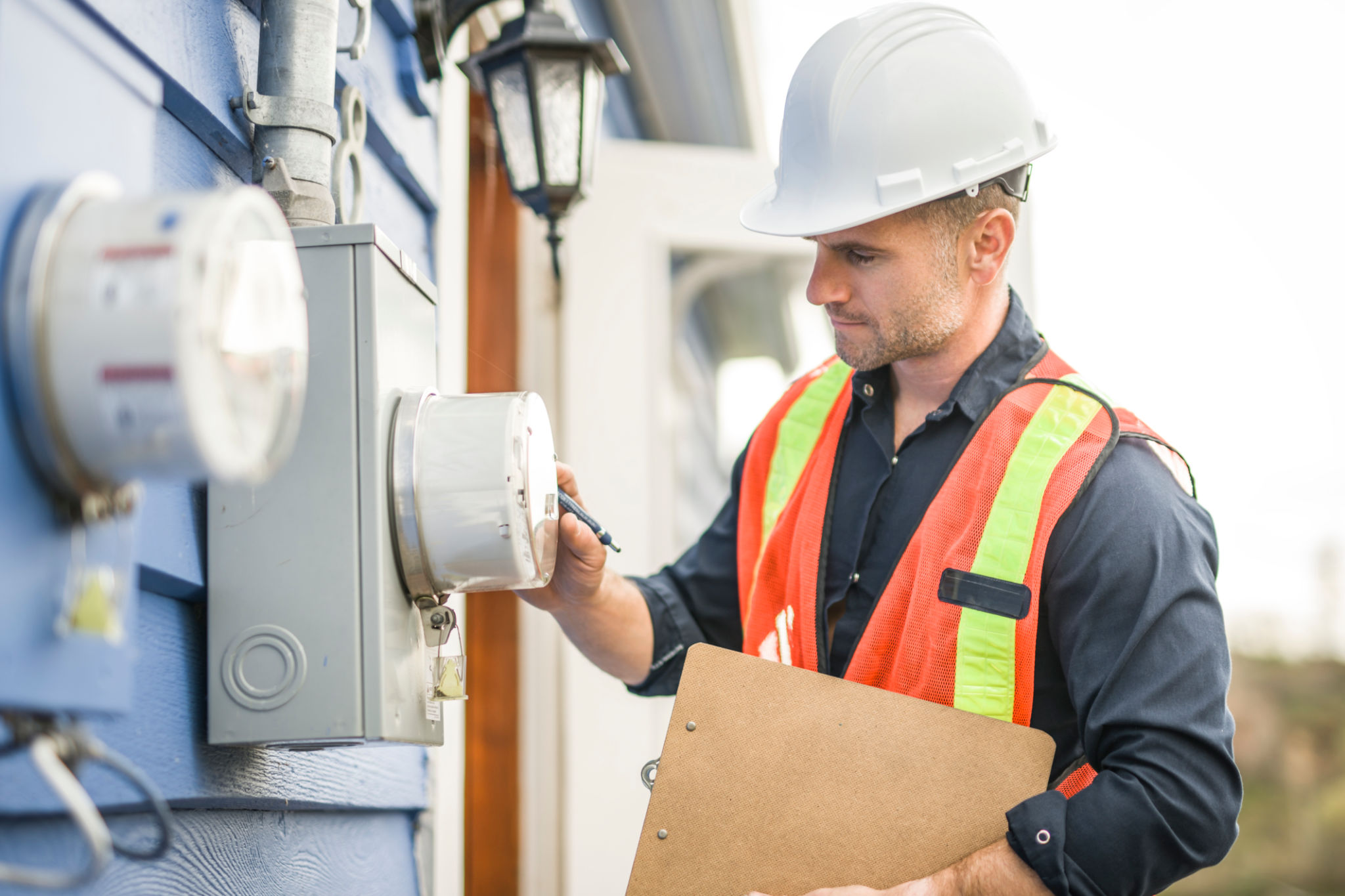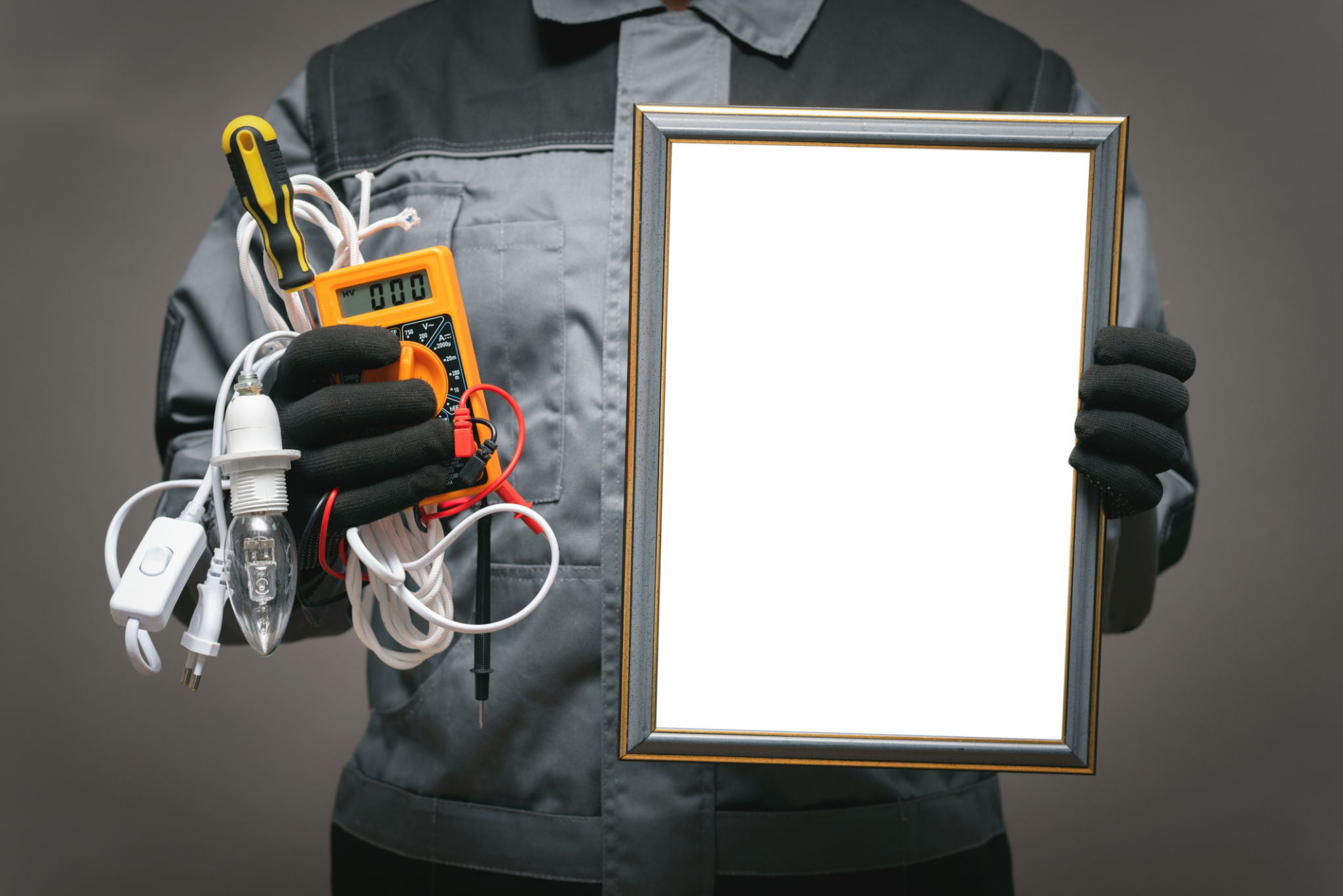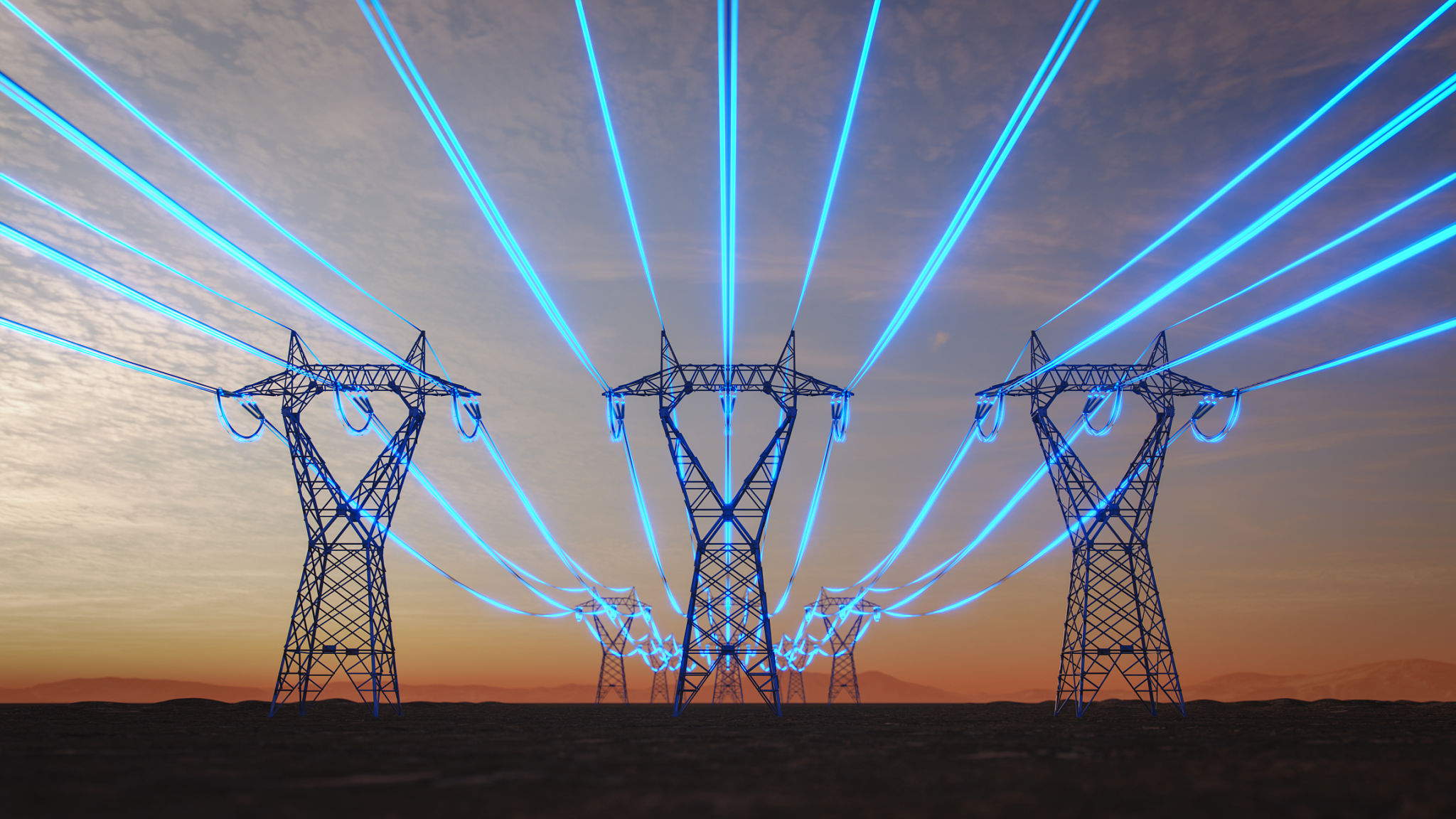Understanding the Importance of Electrical Safety Inspections
The Role of Electrical Safety Inspections
Electrical safety inspections are a crucial component of maintaining a safe and functional living or working environment. These inspections ensure that electrical systems are operating efficiently and safely, reducing the risk of accidents, fires, and other hazards. Regular inspections can identify potential issues before they become severe, saving both time and money in the long run.
By prioritizing electrical safety inspections, property owners can protect their assets and the well-being of occupants. A comprehensive inspection covers everything from wiring and circuit breakers to outlets and electrical panels. This thorough approach ensures that all aspects of the electrical system are functioning as they should.

Benefits of Regular Inspections
One of the primary benefits of regular electrical safety inspections is the early detection of potential problems. Identifying issues such as worn-out wires, overloaded circuits, or faulty outlets can prevent dangerous situations. This proactive approach not only enhances safety but also helps avoid costly repairs or replacements in the future.
Moreover, inspections can improve energy efficiency. By ensuring that electrical systems are functioning optimally, property owners can reduce energy consumption and lower electricity bills. An efficiently running system is also less prone to unexpected breakdowns, offering peace of mind to property owners.
Who Should Conduct an Inspection?
While some property owners may be tempted to conduct inspections themselves, hiring a qualified professional is essential. Certified electricians have the necessary training and experience to conduct thorough inspections and identify potential hazards that may not be apparent to the untrained eye. They can also provide valuable recommendations for improvements and repairs.

Common Issues Found During Inspections
During an inspection, electricians often encounter several common issues. These can include outdated wiring systems, which may not comply with current safety standards. Faulty circuit breakers or fuses that do not trip correctly are another frequent issue, potentially leading to electrical overloads.
In addition, electricians might find improperly installed outlets or switches, which can pose serious safety risks. Addressing these issues promptly is crucial to maintaining a safe environment for all occupants.

The Frequency of Inspections
The frequency of electrical safety inspections can vary depending on several factors, such as the age of the property and its electrical system, as well as local regulations. However, it is generally recommended to schedule inspections every three to five years for residential properties. Commercial properties may require more frequent inspections due to higher usage levels.
For older buildings or those with known electrical issues, more frequent inspections may be necessary to ensure ongoing safety. Staying proactive about inspections can help avoid potential hazards and maintain a secure environment.
Enhancing Safety Through Awareness
Beyond professional inspections, property owners can enhance safety by staying informed about electrical safety practices. Simple actions like avoiding overloading outlets, using surge protectors, and unplugging unused devices can contribute significantly to preventing electrical hazards.
Raising awareness about the importance of electrical safety among occupants can further reinforce safe practices. Educational initiatives and resources can empower individuals to recognize potential risks and act accordingly.

Conclusion
Understanding the importance of electrical safety inspections is vital for ensuring the safety and efficiency of any property. By conducting regular inspections, addressing identified issues promptly, and promoting awareness, property owners can protect both their investments and the well-being of occupants. Investing in electrical safety is a proactive step towards a safer and more energy-efficient future.
